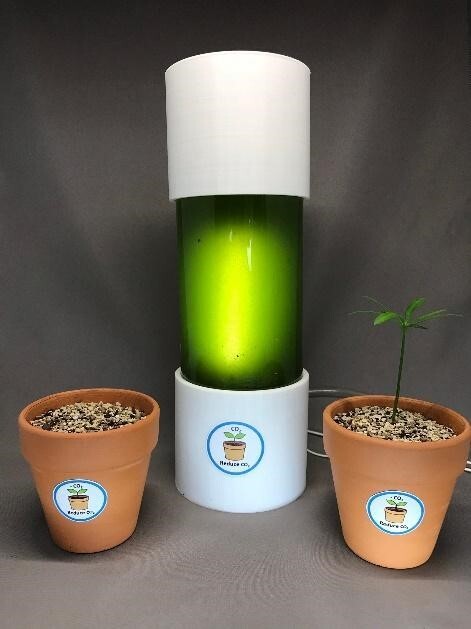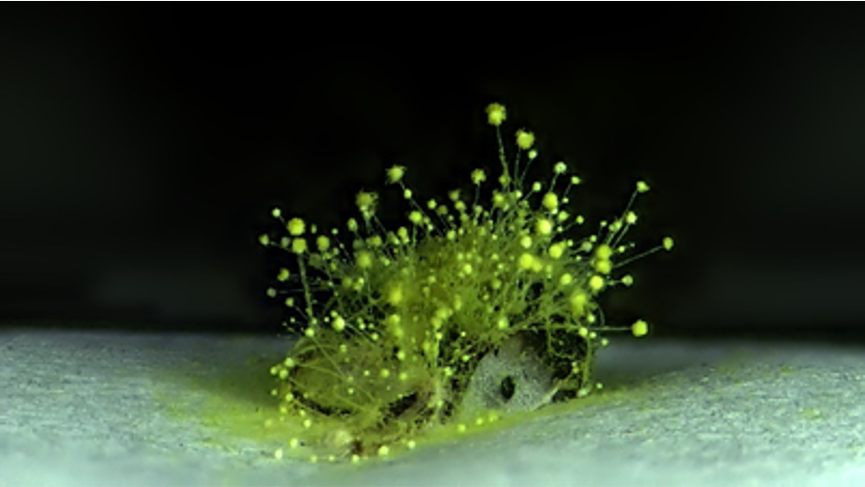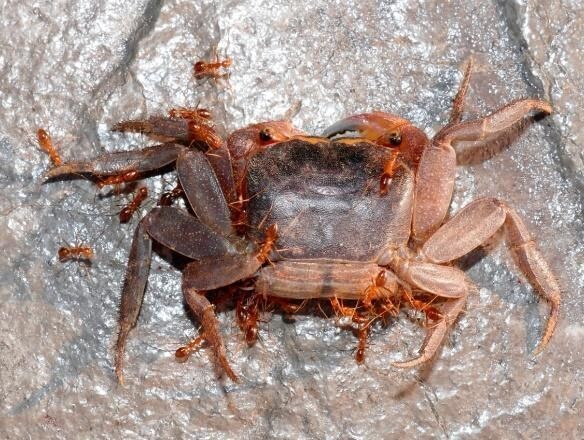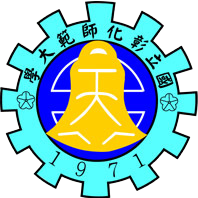SDG16.3.2 Policymaker and lawmaker outreach and education Year: 2019 or 2020
NCUE faculty members actively assist policymakers and lawmakers by providing outreach activities and courses relating to sustainable development (SDG) concepts such as economics, law, technology, migration, displacement, and climate change. The NCUE faculty members in relevant professional fields serve as advisory members to government agency’ committees and help implement the agencies’ plans. They ensure that the policymakers and lawmakers recognise and understand the sustainable development concepts and guide them in finding feasible strategies and specific actions towards achieving the United Nations’ 2030 SDGs. Some examples follow:
1.NCUE faculty members implement government agencies’ projects and provide effectiveness or closure reports, effectively assisting the policymakers in implementing critical policies or consulting on policy formulation:
1.1 Professor Chei-Chang Chiou from the Department of Accounting implemented the Ministry of Education’s ‘University Social Responsibility (USR) Projects—Shetou Sock Project’ to fulfil NCUE’s commitment to social responsibility. He helped train industry talent, revive Shetou’s sock production, and revitalise Shetou’s community.
1.2 Professor Chung-Chi Lin from the Department of Biology presided over the Ministry of Science and Technology’s project ‘The Algae Tree for Carbon Sequestration: The Teaching and Experimental Modules of Energy Saving and Carbon Reduction for Secondary School Students’. Global climate change and the greenhouse effect threaten humans worldwide with the devastating effects of global warming. Carbon dioxide emissions significantly worsen the greenhouse effect. Since 2005, Kyoto Protocol signatories have committed to reducing atmospheric carbon dioxide emissions to alleviate the greenhouse effect. Issues of common concern in the 21st century include the multiple impacts of depleting the earth’s natural resources, rampant environmental deterioration, and the need for greater environmental protections worldwide and education focused on clean energy, conservation, and environmental stewardship. Energy efficiency, conservation, and efforts to combat global warming will require more than empty slogans. The world needs innovative projects (like the Algae Tree) that promote low-carbon green energy, and innovation begins with education.

The algae tree for carbon sequestration and microbial composting system (Professor Chung-Chi Lin).
1.3 Professor Chung-Chi Lin from the Department of Biology presided over the Ministry of Science and Technology’s project ‘Development Microbial Control Technology of Agricultural Pest Ants’. His project designed a microbial control application to address farms’ increasingly serious problems with pest ants. Professor Lin’s R&D efforts have produced microbial agents that deter pest ants from crops, proving microbial agents’ practical value and business potential and furthering the development of sustainable agriculture and organic agriculture. Microbial control is an environmentally friendly strategy that can reduce the number of pest insects and decrease economic losses. Entomopathogenic fungi have become an environmentally friendly alternative to chemical pesticides, although they work slower than chemical pesticides, hindering widespread use. The project team comprises professional academic research units and vector control management companies, supplementing its excellent R&D capabilities with various industries’ valuable experience in practical applications and commercial development. The team shares its fruitful academic research results with the industry to promote industrial upgrades and cultivate their economic benefits and commercial value of technology products to promote their use worldwide. Recently the team discovered that a pathogenic bacteria, AN_dt1901 (Aspergillus sp. A), can deter Dolichoderus thoracicus, one of the most problematic ants in agriculture. The team’s pathogenic bacteria can infect the ants’ nests, killing them rapidly; thus, it has great potential as a microbial pest control agent for agricultural use. The research results have been published in one SCI paper, and another paper has been submitted to an SCI journal. The team has applied for two patents on the technology.

The pathogenic bacteria AN_dt1901 that attacks ants (Professor Chung-Chi Lin).
1.4 Professor Chung-Chi Lin from the Department of Biology presides over the Ministry of Science and Technology’s project ‘Discussion and Solutions to the Problem of Pest Ant Damage Caused by the Impact of Climate Change on the Lowland Ecology and the Change of the Lowland Community’. Taiwan’s lowlands, the ecological green belts connecting the woodlands and the agricultural communities, conserve water and soil resources. However, the lowlands have been threatened by slope disasters caused by climate change, community pressures to expand the farmland, shattered landscapes, a fragmented ecology, and habitat losses, leaving them ecologically fragile. This project aims to solve the problem with a single, integrated force by focusing its research on the ant infestation that has become a critical problem in the lowlands of Central and Southern Taiwan in recent years. The team’s four-year research plan focuses on the cross-discipline integration of three dimensions of research: landscape slope changes, the fragmented ecology, and lowland agricultural communities. The plan begins with the ant infestations directly affecting lowland residents in its comprehensive review of the problems of shattered landscapes, ecological losses, and hidden development pressures. Using the research framework of ecosystem services (e.g. provisioning, regulating, cultural, and supporting), the team investigates the key biologic facies (ground-dwelling insects, microorganisms) in ant-infested ecosystems and habitats, analyses landscape changes and ant infestations, establishes evaluation indicators, and analyses environmental vulnerability and ecological potential. The team also considers how ant infestations impact industries and tourism in the mountain village communities. The project aims to establish a lowland agricultural production system with ecosystem services that will benefit human well-being against the background of climate change.
1.5 Professor Chung-Chi Lin from the Department of Biology presided over the Kenting National Park’s project ‘Investigation of Yellow Crazy Ant Infestation in Kenting National Park and the Development of Control Strategies’. This project has assisted the Kenting National Park in investigating the infestation of Anoplolepis gracilipes (Yellow crazy ants), one of the world’s one hundred worst invasive alien species, at the land crabs’ habitation hot spots (Houwan, Siangjiaowan, Shadao, the spring belts, and the ports). With the help of Taiwan land crab expert Dr Hung-Chang Liu, the team analysed the data of the number of larval release migration ovigerous females in the breeding seasons of land crabs and found that the Anoplolepis gracilipes infestation was closely related to a decrease in the land crab populations that severely impacted their survival on the Hengchun Peninsula. Most of the previous studies of the negative impacts of invasive Anoplolepis gracilipes on land crab populations were conducted in India and Pacific Island countries. This research was the first study to spotlight the harm caused by invasive Anoplolepis gracilipes on land crab populations in East Asia and offer suggestions for controlling the ants. In additiona to traditional chemical control, these measures include habitat restoration and removing nest-building materials to hinder the population growth of Anoplolepis gracilipes and expand the habitat areas of land crabs. Controlling the ants, preventing the ants from killing land crabs, and maintaining the biodiversity of the Kenting National Park will require continued, concerted efforts.

A Metasesarma aubryi being attacked by Anoplolepis gracilipes (Professor Chung-Chi Lin).
1.6 Professor Der-Jiunn Deng from the Department of Computer Science and Information Engineering implemented the Ministry of Science and Technology’s project ‘Efficacy Analysis and Improvement Project of Next-Generation Wireless Local Area Network Protocol’. Wi-Fi is one of the most essential wireless communication technologies and critical for Taiwan. Wi-Fi connections can produce faster, cheaper, and more reliable internet access, so for the foreseeable future, Wi-Fi will play a dominant role in the broadband wireless internet access that provides indoor coverage. However, significant growth and the proliferation of Wi-Fi devices requires further technological breakthroughs to meet the needs of high-density urban applications in modern cities to fuel the future intelligent information infrastructure. This project is designing and developing a complete Wi-Fi analysis suite, Best Wi-Fi. It scores Wi‑Fi connections, checks access point (AP) coverage, and provides visualised Wi‑Fi heat map information in real-time to provide a better user experience and improve Wi‑Fi network performance within the first year. In the second year, it will develop an analytical analysis to study how long it takes the Best Wi-Fi app for a mobile station to find the AP with the shortest packet delay and highest throughput. In addition to theoretical analysis, the project carries out comprehensive simulations implemented by a customised event-driven C++ distributed-simulation program to evaluate the effectiveness and correctness of the proposed analytical model. In the third year, the project will pioneer the next-generation Wi‑Fi protocol, IEEE 802.11be, continue standardisation activities, and present an overview of current perspectives and expected features, especially the full duplex (FD) communications that will fundamentally enhance throughput and reduce latency. The R&D provides system-level simulation results on throughput and latency to evaluate the performance of IEEE 802.11be. This innovative project targeting engineering practices aims to establish realistic system knowledge for the next-generation WLAN technologies in demand by Taiwan’s ICT and other industries.
2.NCUE’s faculty members serve as the members of government agencies’ committees advising policymakers on feasible strategies and specific actions for specific SDGs:
2.1 Professor Wei-Tzer Huang from the Department of Industrial Education and Technology serves as a member of the Electric Reliability Council of the Ministry of Economic Affairs, participating in meetings concerning Taiwan’s long-term power load forecasting, renewable energy development, and power system operation reliability.
2.2 Professor Chung-Chi Lin from the Department of Biology serves as the executive director of the National Red Imported Fire Ant Control Centre of the Council of Agriculture and is responsible for planning and implementing professional technical support and emergency control plans. Among the exotic species in Taiwan, Solenopsis invicta, red imported fire ants or RIFA, are extremely dangerous pests. First found in Taiwan in October 2003, RIFAs have since invaded large areas in Taoyuan County, Taipei County (now New Taipei City), and Chiayi County, with sporadic outbreaks in neighbouring counties and cities. The RIFAs have caused varying degrees of harm to the agricultural environment, ecological environment, and human health. The National Red Imported Fire Ant Control Centre was established in November 2004 to provide overall notifications and control actions on RIFA infestations. The Centre also researches effective monitoring methods and control strategies suitable for Taiwan’s ecological environment, cooperates with the communal and non-governmental organisations to educate the public about the problems, and help train seeded teachers to help the government mitigate the spread of RIFAs. NCUE’s Professor Chung-Chi Lin has been an expert consultant to the Centre since its establishment. Since 2015, he has served as the volunteer executive director of the Centre and is responsible for planning, implementing, and supervising professional technical support and emergency control projects.
2.3 Professor Mei-Chun Lin from the Department of Public Affairs and Civic Education serves as a member of the Laws and Regulations Committee of the Ministry of the Interior and consults on matters related to gender equality laws and regulations (e.g. the draft law on the prevention and control of stalking) to build a more friendly and equal social environment.
2.4 Professor Der-Jiunn Deng from the Department of Computer Science and Information Engineering serves as a technology expert to the Department of Industrial Technology, Ministry of Economic Affairs. For the past two years, Professor Der-Jiunn Deng has been a consultant with the Department of Industrial Technology (DoIT), Ministry of Economic Affairs, responsible for R&D and innovation in Taiwan’s ICT. He supervises relevant institutions and companies to solve technical bottlenecks and increase Taiwan’s ICT competitiveness.
Annex 16.3.2A-(II) The algae tree for carbon sequestration and microbial composting system - Chung-Chi Lin
Annex 16.3.2B-(III) The pathogenic bacteria AN_dt1901 that attacks ants (Chung-Chi Lin)
Annex 16.3.2C-(V) A Metasesarma aubryi being attacked by Anoplolepis gracilipes (Chung-Chi Lin)













